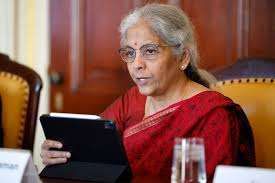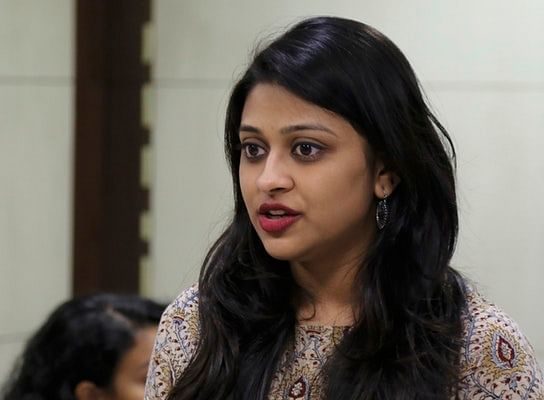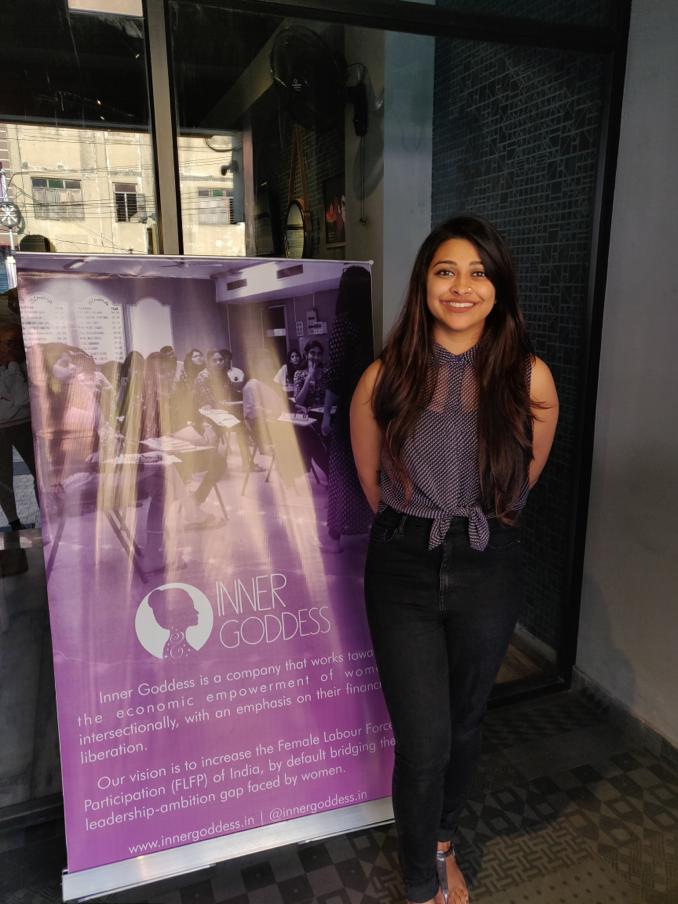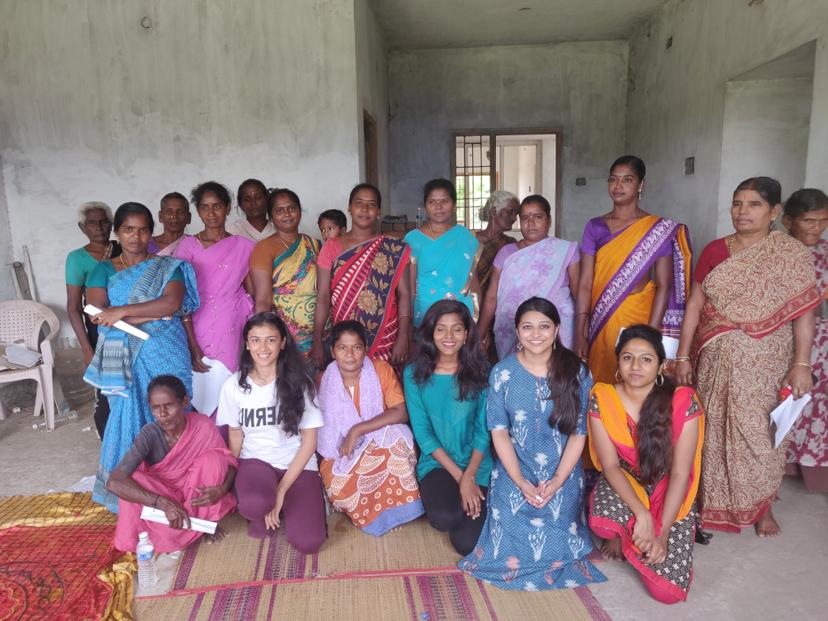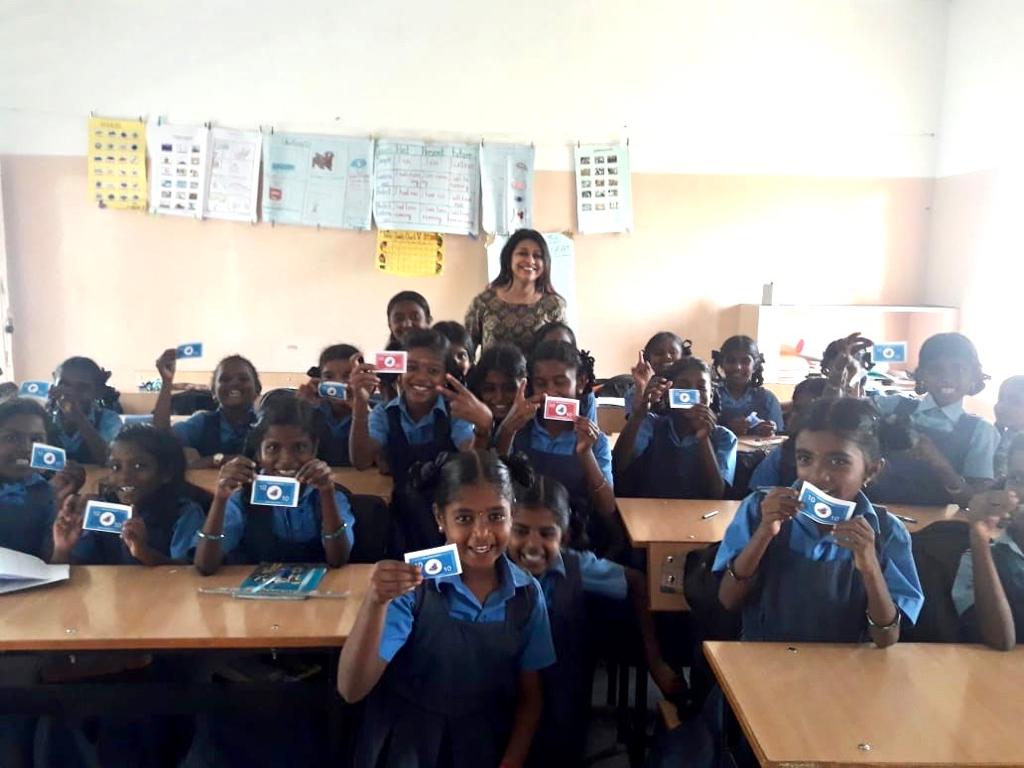By Lauren Prem
“Budgets are not just about numbers—they are about who we are and what we value.”– Tammy Baldwin
Imagine a budget which transcends numerical values, adding real value to its people and making lives easier! Indians eagerly await the financial budget release day to know how funds have been allocated to different avenues of their life and how much tax they have to pay. The 2024 financial budget, presented on 23 July 2024, promises to add real value to the lives of four primary groups – the poor, the youth, farmers and women. Women comprising almost half the population have been promised numerous benefits under this budget to bridge the gap towards gender equality. So let’s explore what’s in this year’s budget for women?
The finance minister Nirmala Sitharaman has announced three lakh crore rupees to be allocated for the betterment of women, especially for the benefit of women-centric schemes. Besides, hostels and creches have also been promised to be set up in collaboration with job industries to ensure more participation of women in workplace. An additional amount of thousand crore rupees has been allocated to the Ministry of Women and Child development. Considerable finance has also been allocated to central government women development schemes – the Poshan (nutrition scheme), Saksham Anganwadi (again, nutrition scheme for children) and other small initiatives – Nirbhaya scheme (safety and security of women) and CARA (for adoption initiatives).
Stamp duty has been promised to be reduced for the properties purchased by women in order to promote female ownership. This measure aims to break the shackles of traditional ownership notions associated with men which led to accumulation of properties in the hands of men over a period of time.
Akin to reservation benefits which intends to rectify historical injustices, this concession measure has been introduced with the object of upholding property rights of women – a goal which is far-fetched even after women have been legally given equal share in their parents property. The challenge lies in its implementation due to failure of women to claim their rightful share, lest they attract the ire of their family members, especially brothers. Due to this, additional benefits become imperative to achieve equality in a wholistic sense – equity.
The Convention on the Elimination of All Forms of Discrimination Against Women (CEDAW) provides budgeting guidelines embodying the concept of equity, in addition to considering equality in a formal sense. Article 3 of the CEDAW guidelines emphasizes on the aspect of non-identical treatment and special measures in certain cases to achieve equality in a substantive sense. The budgetary measures for this year clearly provide special benefits for women in respects of ownership and employment.
However, there remains a crucial question – how far do these benefits actually serve the purpose for which they were introduced?
Reducing stamp duties, setting up hostels and allocation of funds are indeed beneficial measures. Allocation of finance towards enforcing these measures is the first step towards the larger goal of equity. Yet, they are formulated with a short-sighted view, thereby failing to see the bigger picture of the path towards women empowerment. The root cause of the problem relating to male-domination in property holdings must be addressed.
Inability to acquire finance is the main challenge preventing women from holding property at par with men. A study reported by UN Women Organization shows that there is a gender gap in the ownership of bank accounts by 6% in developing countries. For example, if 70% men own bank accounts, only 64% women do. Similarly, there are several studies which prove that women are discriminated by financial institutions, which pose a difficulty for them in accessing funds for purchasing property. Stamp duty – a tax on property, undoubtedly is beneficial but fails to address the real concern that holds back women from becoming owners.
Needless to mention, India is plagued with different stereotypes and biases that hold back women from displaying independence and self-sufficiency. Education is the only panacea to these issues.
While the budget certainly focuses on holistic women development by allocating funds to enhance nutrition, health, safety and education, implementation remains a hurdle towards realizing the goals envisaged by the budget. For instance, implementation goals of the Nirbhaya scheme have not been properly met due to uneven distribution of funds among different states. An article in the Times of India reports that only 70% of the funds allocated to the Nirbhaya scheme had been utilized as of last year – 2023.
The issues regarding the existing schemes predominantly relate to implementation and under-utilization of funds rather than lack of funds per se. Above-mentioned figures indicate that there is still scope to utilize the existing funds in a better manner by ensuring proper distribution and planning. While increasing funding for important schemes is a positive step, the purpose for allocation of funds would not be met if the core issue is not addressed properly.
Similarly, the core issues for lesser female workforce as compared to males, is due to lack of education, dropping out and performing unpaid work. The reason for women performing unpaid labor can be traced back to stereotypes and gender roles attributed to them. Lack of a place to stay is not among the top priority of concerns. While setting up hostels is a useful measure, the issue of inequality and lesser participation of women will continue to linger in the Indian society if the core issues are left unaddressed.
The budget provides a wide-range of benefits for women to ensure their development in different aspects of life. However, the allocation of funds is based on an approach which fails to correctly trace the issues leading to inequality. As Baldwin’s quote rightly reads “budgets are about what we value.” Although the 2024 budget clearly shows that it values minority groups – women and children, it fails to allocate funds based on an approach that accurately identifies the areas which require funding. Significant deliberation is required to correctly locate the issues that have ultimately led to the bigger issues of lesser employment and property holding.
The government also needs to bear in mind, the implementation factor while allocating funds so that sufficient funds are also kept side to tackle the challenges that come in the way of effective implementation.


